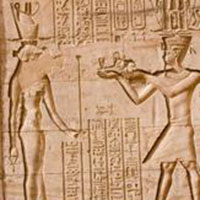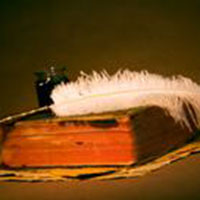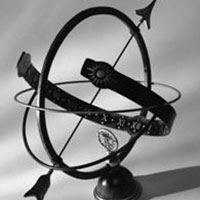Godspeed’s Factual Truth
Godspeed offers perspectives from respected intellectuals who rely on factual evidence rather than mere emotions or opinions. Within the realm of skepticism, two distinct types of individuals can be identified. The first type is the emotional skeptic, who dismisses the truth without giving proper consideration or time to the evidence. On the other hand, the progressive intellectual skeptic possesses doubts but maintains a genuine desire to pursue the truth and evaluate the evidence. It is challenging to argue against the logic of intellectuals who were initially religious skeptics themselves and aimed to systematically and scientifically disprove the historical accuracy of religious, historical events. The individuals listed below were extreme skeptics who were initially unwilling to accept sacred writings. However, upon closely examining the historical and scientific evidence, they ultimately embraced religious doctrine based on scientific and intellectual facts rather than emotions.
It is interesting to ponder why individuals who are skeptical when it comes to matters of faith, like the renowned physicist Isaac Newton, the Nobel Prize-winning scientist Ramsey, and the esteemed author C.S Lewis, dedicated a significant portion of their lives to investigating the historical and scientific accuracy of religions and Gods purpose for humanity. After conducting extensive scientific research and methodical study, many of these intellectuals eventually renounced their original atheist beliefs. They wholeheartedly embraced historical religious facts and God’s words of strength and love. This leads us to a crucial question: are our own opinions truly grounded in factual evidence or influenced by our emotions? These intellectuals were willing to risk their academic, financial, and social standing in pursuing God’s truth, relying on scientific evidence rather than emotional biases.

Sir William Ramsay
Sir William Ramsay, was knighted and graduated from Oxford University with a doctorate in philosophy, for his work with ‘orthotoluic acid’. He discovered Krypton and Neon (among others) and received...
Read more...Dr. Simon Greenleaf
Dr. Greenleaf, the Royal Professor of Law at Harvard University, was one of the greatest legal minds that ever lived; specializing in evidence law. He wrote the famous legal volume...
Read more...

C.S. Lewis
Clive Staples Lewis (1898–1963) British literary critic, scholar and author. Lewis took the chair of medieval and Renaissance English at Cambridge. He was an intellectual giant and arguably the most...
Read more...Professor Antony Flew
A prominent British philosopher, belonging to the analytic and evidentialist schools of thought. Flew was considered one of the most influential and committed advocates of atheism. Flew took the position...
Read more...

Sir Isaac Newton
Sir Isaac Newton, was an English physicist, theologian mathematician, astronomer and natural philosopher. His brilliant work in physics has influenced all of science; in 1687 he published Philosphiae Naturalis Principia...
Read more...Gerald L. Schroeder
Scientist, author, and noted lecturer, has attained a reputation of focusing on a perceived inherent relationship between science and spirituality. In 1965, Schroeder received his Ph.D. from the Massachusetts institute...
Read more...

Professor William F. Albright
He received his PhD from Johns Hopkins University, and was best known for his role in the authentication of the Dead Sea Scrolls in 1948. He is considered the leading...
Read more...Sir Frederic Kenyon
He was President of the British Academy and also director of the British museum. His expertise in archeology showed us how science can corroborate many of the historical events of...
Read more...

Professor Nelson Glueck
He was President of the British Academy and also director of the British museum. His expertise in archeology showed us how science can corroborate many of the historical events of...
Read more...